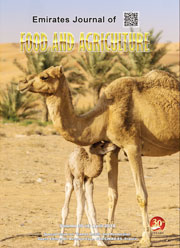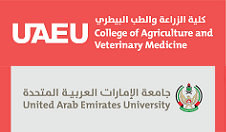CHARACTERIZATION OF LACTIC ACID BACTERIA ISOLATED FROM AN INDONESIAN FERMENTED FISH (BEKASAM) AND THEIR ANTIMICROBIAL ACTIVITY AGAINST PATHOGENIC BACTERIA
DOI:
https://doi.org/10.9755/ejfa.v25i6.12478Keywords:
Antimicrobial, Bekasam, Fermented fish, Inhibition index, Lactic acid bacteriaAbstract
Bekasam is an Indonesian fermented fish product that tastes sour and mostly contains lactic acid bacteria
(LAB). The aim of this study is to obtain and characterize LAB isolates from bekasam and to study their
potency in inhibiting the growth of pathogenic bacteria, i.e. Escherichia coli, Salmonella typhimurium ATCC
14028, Bacillus cereus, Staphylococcus aureus and Listeria monocytogenes. LAB were isolated from bekasam
using media of MRSA supplemented with CaCO3 0.5%. Incubation was at 37°C for 48 hours. The pure cultures
were verified as LAB based on morphological and biochemical characteristics. Eight bekasam samples showed
that the total average of LAB were 1.4 x 108 to 9.0 x 108 CFU/mL. Seventy four isolates were successfully
isolated. It was found that 62 isolates (84%) belonged to LAB, and 23 isolates of them could inhibit the growth
of the five pathogenic bacteria. The highest inhibition zone was accounted for S. aureus. However, neutralized
supernatant of the LAB culture did not inhibit the growth of the pathogenic bacteria. These results indicate that
the LAB inhibition to the pathogenic bacteria was due to the organic acid, and that perhaps the main factor in
the bekasam preservation by LAB.










 .
. 